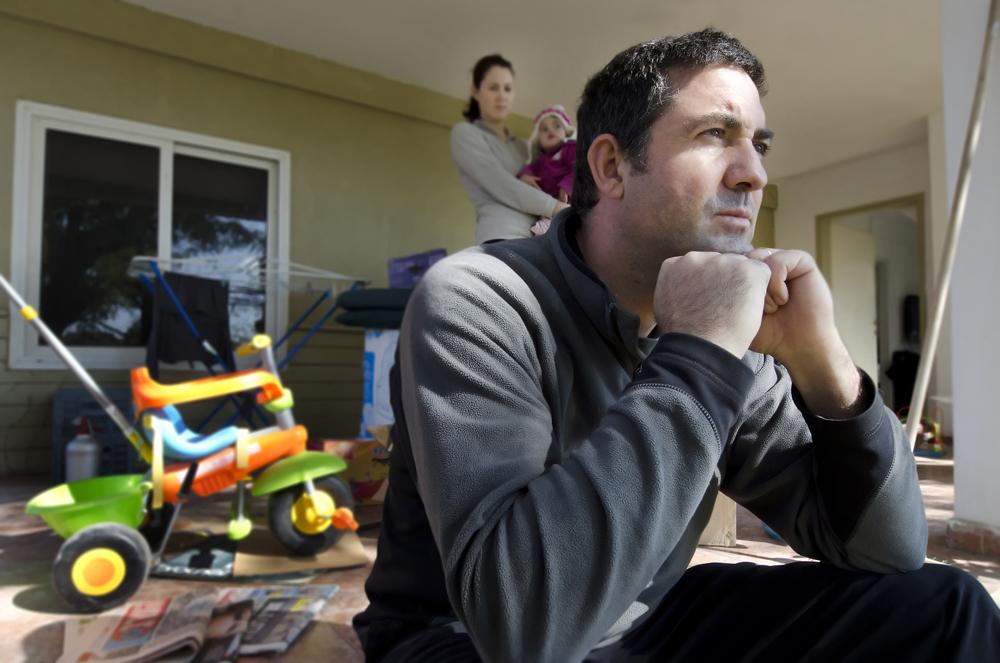When life is ordinary, it’s the little things that drive us nuts about our kids; not changing the toilet roll, forgetting to put things away, refusing to eat their dinner.
But when life turns upside down these things fade into insignificance and we wish these were the focus of our daily battles.
I was recently preparing for an overseas trip, without the family. This in itself was an organisational challenge with a husband who works twelve hour days and children who had school, extracurricular activities, parties and generally a more active social life than their parents. I had lists, timetables, phone numbers and plans worked out and ready to put into action.
Four days before my travel things changed. I was sick, there was no trip to America but instead five weeks in and out of hospital, three operations and nineteen nights away from home. For this I had no plans, no lists, no timetables, no time (or knowledge) to explain to my kids what on earth was happening.
The good nature of friends and family saw people swoop in and out of home and hospital – meals were delivered, the kids were picked up and dropped off in necessary places. My husband battled between work expectations and supporting the family and I lay frustrated, tired and sore in a hospital bed, struggling with the fact that I had no control over any of it.
I am fortunate. My sickness has come to an end, I’m on the other side. I am also fortunate to have had a wonderful community to step in when I needed them. But for many, this is an ongoing reality and I now recognise how tough it must be for those who have long standing illness or injury. What happens when all the support dies off but there are still struggles? Further, how do kids fit into this?
I’ve had lots of time to think about the how and why my kids remained so resilient in this period. Please bear in mind that my kids are different to yours and so is my medical story. However, I don’t think we could have sailed through without the following three things.
-
Routine. This is where the support network came in. The kids still went to school, and where possible maintained their normal life. There is security in routine, particularly at school, where their friends and teachers were there doing the daily grind. In their everyday routine, my kids interact with lots of people who are familiar to them, so these were the people I asked to drop the kids home or take them to sports. A community is so important in sickness and in health – start building one today if this is void in your life! The rewards are great for you and your family (and I honestly look forward to repaying the favour when the time comes).
-
Openness and Honesty. My children are getting old enough to handle a bit more detail, but I honestly believe that at any age there is an appropriate way to let kids know what is going on. As I mentioned earlier I didn’t always know what the plan was, but what I did know I shared. Kids, like adults, fear the unknown. It was scary for them to see me in hospital with tubes and drains, however by explaining to them as best I could what they were for and how they were helping me I saw a little bit of acceptance in their eyes.
-
Build independence and resilience in the good times. One of my favourite analogies by Dr Haim Ginott is ‘you don’t teach someone to swim while they’re drowning’. Everything we teach, model and explain TODAY impacts on our children’s actions and reactions TOMORROW. I imagine what it would have been like if that community did not swoop in to help us. It would have been a lot messier, more strain on my husband and more challenging for me to focus on recovery. However, my children would know what to do. They would know what is expected of them on school days. They would know the bed time routine. They would know the rules about TV and ipads. They would know which day is homework and which day is ballet or footy. They would carry on.
My heart reaches out to those of you who are reading this and currently struggling in life due to health, grief or hardship. I can only share what helped me and sincerely hope it can help you too. Here’s to better times of nagging kids about changing the toilet roll.

